April is Sagrantino Month in New York City: Celebrate it at Eataly
Attention lovers of Italian wines: April is Sagrantino Month in New York City.
Sagrantino is an indigenous grape variety cultivated in Umbria, the central region of Italy. The Consorzio Tutela Vini Montefalco, the Sagrantino wines producers’ consortium, is relatively young – it was founded in 1981 – but the wine itself has a long and rich history.
The earliest mention of the Sagrantino in an official document dates back to 1549, in an order for Sagrantino grapes made by the Jewish trader Guglielmo da Trevi, but documents that date as far back in time as 1088 testify the presence of Sagrantino vineyards in the Montefalco area.
Sagrantino derives its name from the Latin “sacer,” sacred. It was produced and used by the monks as sacramental wine, and also enjoyed by local farmers during religious celebrations such as Christmas and Easter, when it was a very important element of the ritual feasts.
Sagrantino grapes are used to produce different kinds of wine: the red “Montefalco Sagrantino DOCG,”produced with 100% Sagrantino grapes, characterized by a very high concentration of polyphenols and tannins for a very strong and structured taste; the “Montefalco Rosso DOC,” produced by combining Sagrantino grapes with Sangiovese grapes, also very diffused in the Montefalco region; the “Montefalco Sagrantino Passito DOCG,” also obtained by Sagrantino grapes alone and extremely sweet and structured; and the “Montefalco Bianco DOC,” a combination of Umbrian indigenous Grechetto grapes with Trebbiano grapes.
The promotion of Sagrantino wines produced by the Montefalco Consortium, currently counting 213 members, will consist in a series of tasting events and educational sessions in New York City, for both wine industry representatives and consumers.
Selected Montefalco wines will be featured in the menus of Eataly’s restaurants and Eataly’s La Scuola will host weekly lessons for wine lovers with the Montefalco winemakers. Free tastings will also be available at Eataly Vino throughout the month.
Sagrantino Month officially started yesterday, with a luscious lunch offered at Eataly’s Manzo restaurant to the food and wine journalists of New York City. Seven of the Consortium’s producers were present at the event: Adanti, Antonelli, Arnaldo Caprai, Tenuta Castelbuono, Colpetrone, Perticaia and Scacciadiavoli.
Diana Tesei, major of Montefalco, also attended the event and presented the beauties of Montefalco in her introductory remarks, preceded by a brief welcome to the guests by Eataly’s patron Oscar Farinetti.
Guido Guardigli, President of the Consortium and owner of Perticaia Winery, was present at the lunch. In his speech he discussed the peculiarities of Sagrantino wine: “Sagrantino is a different wine, an elegant wine to be tasted with matching foods. I’d compare it to Armani, rather than to Valentino. If it were a city, it would be New York.”
Guardigli has been in the winemaking business for 10 years, after he retired as a farmer: “I consider myself as young, and I have a young winery. ‘Pension’ to me only means the hotel you go to when you are sojourning in Rimini, by the sea!”
About his work as a farmer he said that his father, a carpenter artisan, used to pick on him for studying agriculture in college: “He used to say that everybody succeeded as a farmer without studying, and I had to go to school for it!”
His earliest memories about wine are the words of his grandfather, who would produce his own Sagrantino for the family: “When we sat at the table he would always say that wine could be drank after eating pasta. From him I learnt to always pair wine with food.”
The pairings of wine and food at the Manzo lunch were impeccable: red wines were associated with a Castelluccio lentils soup and with a second course of wine braised duck. Passito wine was served with “pizza di Pasqua,” an Easter cake filled with cream with almond croccante ice-cream on the side.
Pairing wine and food is also very important to appreciate the aging of the wine, Guardigli explained to i-Italy: “Every year in mid-September I host a tasting event in my winery, ‘Pecorino e Sagrantino,’ when we pair 5 different vintages of Sagrantino with Pecorino cheeses.”
About the Sagrantino Month promotional initiative, Guardigli told i-Italy that “New York is a fundamental city: if something exists, you can find it in New York. As Sagrantino exists, we’d like it to be available here.”
Speaking of the difference of Sagrantino from other wines, Guardigli said: “Its difference is a source of richness, it has a personality and original characteristics. It is robust, it has a very long lasting taste and it is the perfect kind of wine for aging. Its flavor can hone in the span of 20 years. It requires patience and it raises curiosity.”
Farinetti commented on the Sagrantino too: “It is really good. I love Umbria and I try to go there every time I am in Italy. Umbria tastes like Sagrantino, an indigenous, autochthonous wine. Wines like Sagrantino are the marvels of Italy. We have to focus on them and leave the French wines to the French, as they have 250 years of advantage on us in producing them.”
Donatella Tesei, Major of Montefalco, was very proud to represent her town in such a prestigious occasion. “Montefalco is in the heart of Umbria, which lies in the heart of Italy. It is also known as ‘the balcony of Umbria,’ as from its hilly location it dominates the region. From Montefalco you can see Assisi, Spoleto, Spello, Perugia. It’s a breathtaking landscape.”
Eataly will also dedicate an entire month to the promotion of the specialty products from Umbria. It will happen next November, Farinetti reveals i-Italy. “I am very excited and I’m sure we’ll do something very nice with the Umbrian excellences,” he commented.






























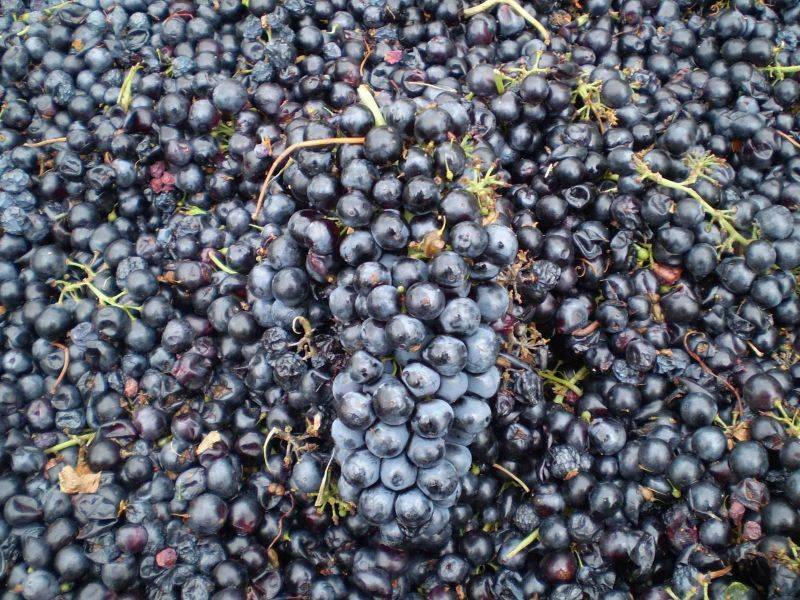
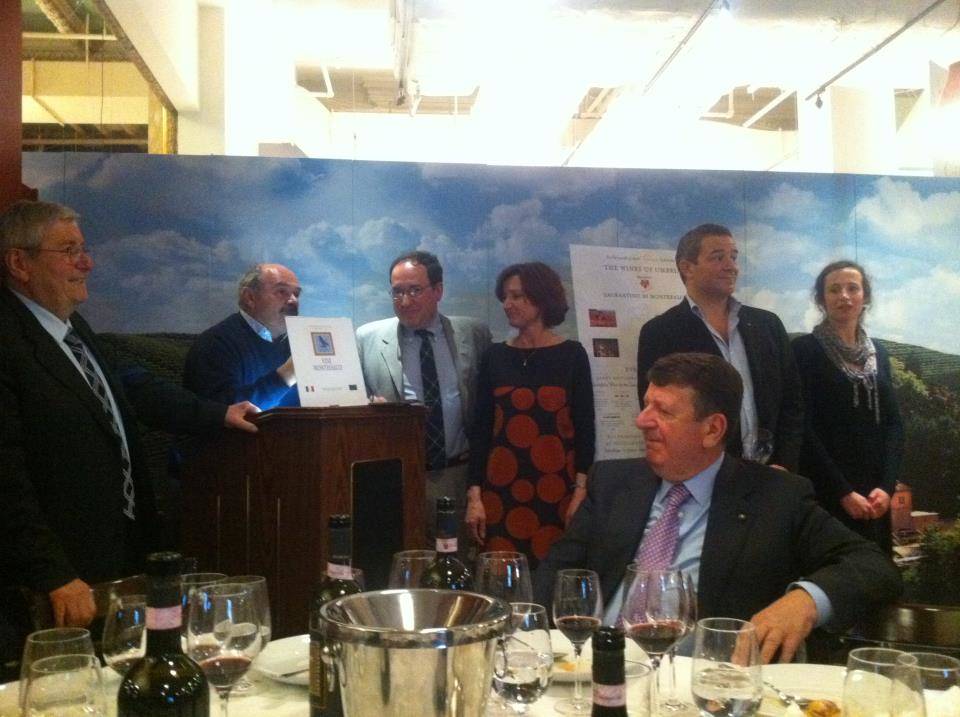
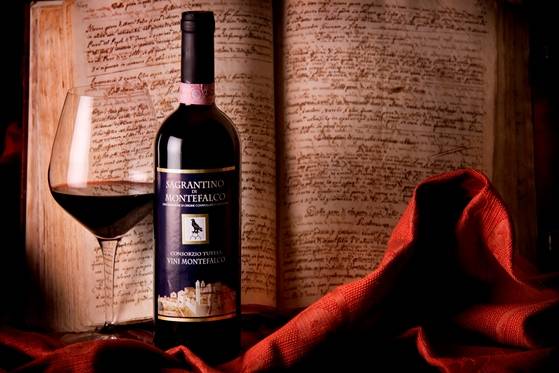
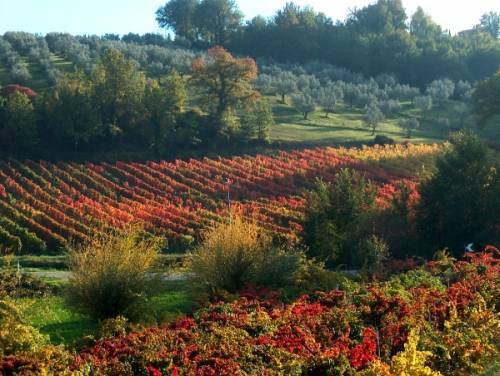
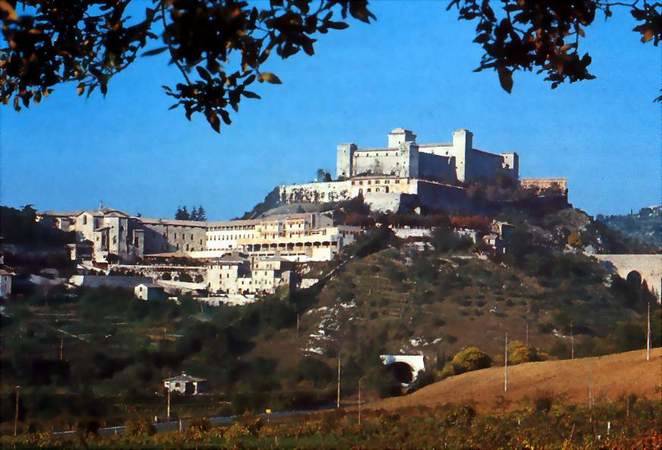
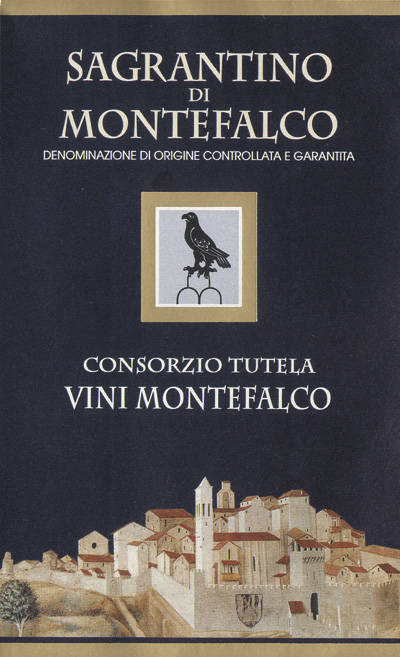



i-Italy
Facebook
Google+
This work may not be reproduced, in whole or in part, without prior written permission.
Questo lavoro non può essere riprodotto, in tutto o in parte, senza permesso scritto.